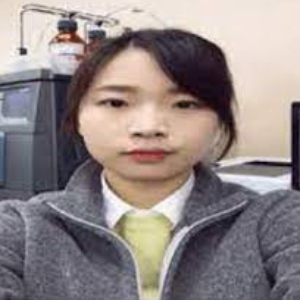Title : A safety survey on pesticide residues in tropical fruits depending on implementation of Positive List System (PLS)
Abstract:
Purpose: As part of the safety management of residual pesticide in agricultural products, Positive List System (PLS) was newly introduced in Korea on December 31, 2016. With the application of PLS, uniform limit 0.01 mg/kg is applied as Maximum Residue Level (MRL) if MRL is not established. We performed a safety investigation of pesticide residues in tropical fruits under altered safety management system.
Materials and Methods: The total 120 samples of tropical fruits, which were distributed in GyeongGi-Do in 2017, were analyzed for 220 pesticides by multi-class pesticide multi-residue methods by using gas chromatograph and liquid chromatograph. Also, we conducted a validation study for analysis method.
Results: The 6 residual pesticides were detected from 7 samples; banana, mango and kiwi. The detected residual pesticides were azoxystrobin and chlorpyrifos in banana, chlorfenapyr in mango, and chlorothalonil, iprodione and procymidone in kiwi. Among them, chlorfenapyr in mango and chlorothalonil in kiwi were judged to unsuitable due to excess of MRL by applying PLS and all of them were domestic agricultural products. In the validation study, the values of limit of detection (LOD), limit of quantification (LOQ) and recovery were in the range of 0.003~0.01 mg/kg, 0.009~0.03 mg/kg and 72.0~114%, respectively
Conclusion: The judgement to unsuitable of residual pesticides in agricultural products was increased by implementing PLS, so this system could be a burden to the farmers and those who import agricultural products. On the other hand, PLS that applied stricter criteria, can secure the food safety more clearly. In order to reduce the problems that can occur with PLS implementation, more guidelines for using pesticides and MRLs for agricultural products should be provided as well as promotion of the PLS policy, especially for farmers.



